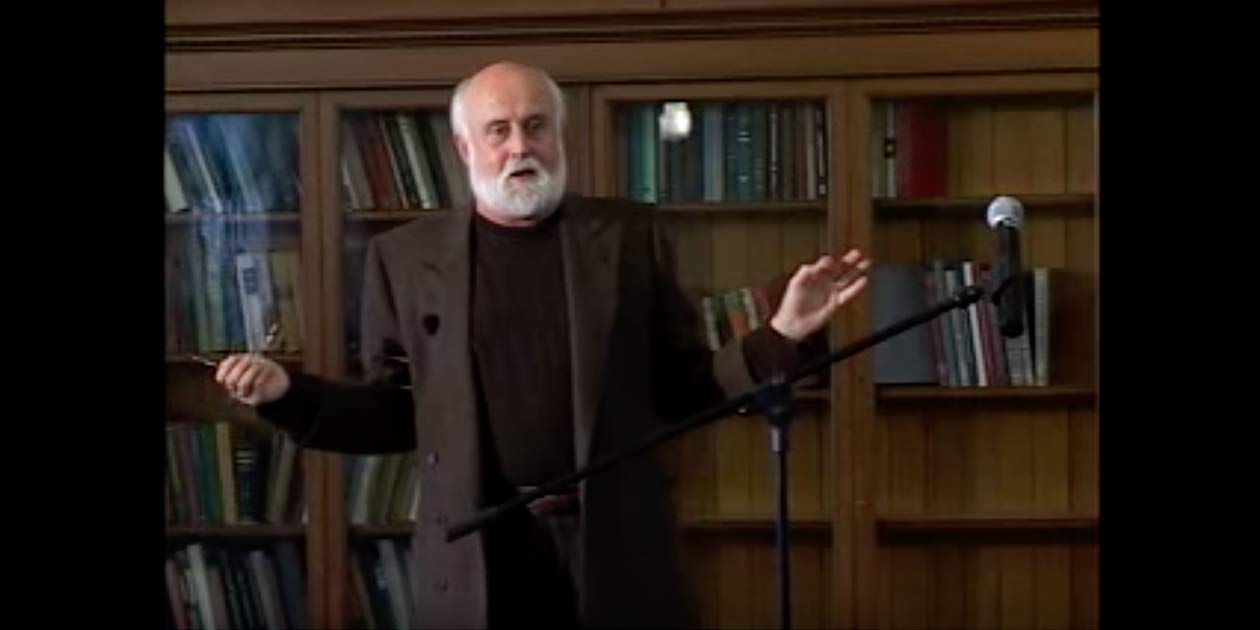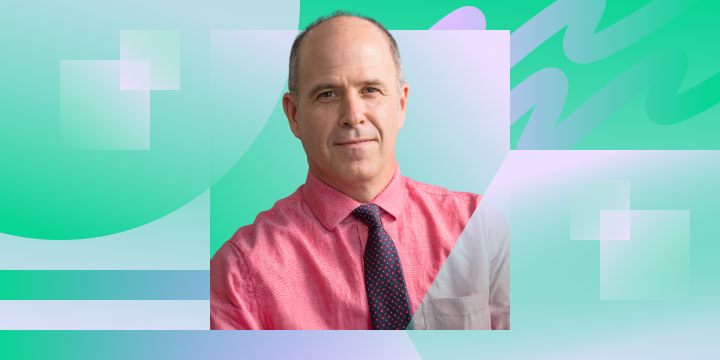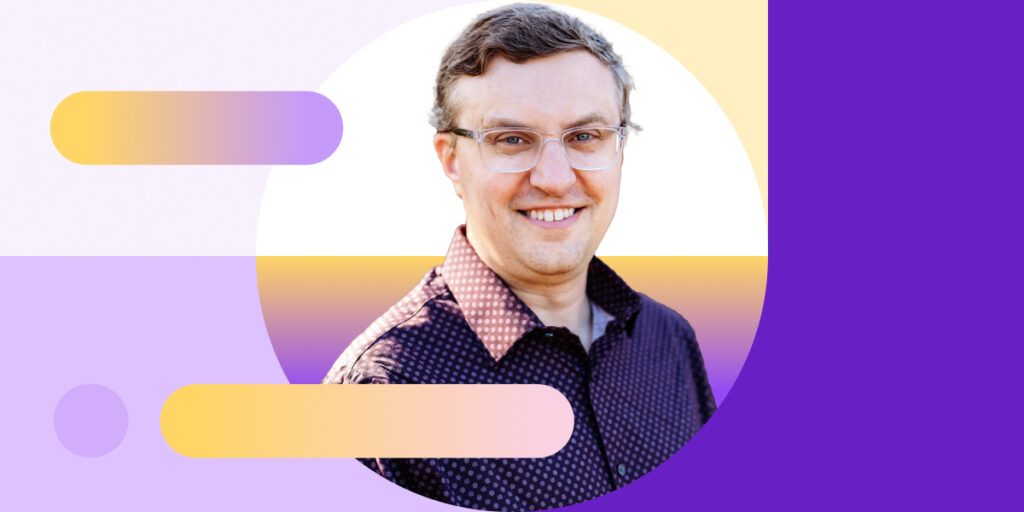Richard A Muller, author and Professor of Physics at UC Berkeley, writes about the inspirational teaching technique of political scientist Ken Jowitt.
Is it true that there is a professor at UC Berkeley who receives a standing ovation at the end of every lecture? If so, what is his/her name and why?
Ken Jowitt.
I had heard the story about his standing ovations, and so I decided to see for myself. Yes, indeed, he got one at the end of every lecture, but what I discovered was that it was not done for tradition. Jowitt earned it for each lecture. I was astonished. His lectures were composed like a great symphony. There were motifs, themes, fugues, movements—Jowitt used words in a way that reminded me of the way I use (in physics) equations. His lectures were never meant to entertain: they were meant to inspire and educate. They covered enormous amounts of challenging material, but made it make sense. He used language in a way that I can only compare to Shakespeare, with alliteration and metaphor and other figures of speech to make his concepts more vivid and more memorable.
I wound up attending every lecture for a semester. Jowitt later told me that my presence made him nervous; he is a great admirer of physics, and was a little uncomfortable having a physics professor in the room. I learned that he spent enormous effort in composing his lectures, and at the end of each, he was exhausted.
‘Not lecturing, teaching’
To be more precise, Jowitt never lectured: he taught. I’ll give an example. He would begin a subject, for example, his theory of the modern city as a castle. He began by telling the class to set aside their pens and computers, and to just listen, no note taking allowed. He told them he would finish after 10 minutes, and then he would repeat everything; the second time through note taking was allowed and encouraged.
As I said, this is not lecturing but teaching. By the second time though, the students knew what was important and what was not, and they were able to take far better notes.
His lecture was nominally 80 minutes, but after 50 minutes he invited everyone to leave. He said he would continue, but with no required material. About two-thirds left. Then he moved into extended discussion of the material, and got lots of questions from the remaining students, each one answered with care and clarity. I could not understand why so many students left.
A decade later I was given the “Distinguished Teaching” award at UC Berkeley. In my short acceptance speech, I said that I had learned more about teaching from that semester listening to Ken Jowitt than I had from any other experience in my life. I’m sure there are many others who could make similar statements. What this means is that the greatness of Jowitt’s teachings will live on far beyond Jowitt himself. Indeed and alas, Jowitt is now retired from teaching.
Republished with permission of the author. Original on Quora.
Videos
Ken Jowitt came out of retirement in 2016 to give a guest lecture in Sofia, Bulgaria, commemorating sailor and academic Yulia Gourkovska.
Bernard Moses Memorial Lecture from 2005 on 9/11 and the end of “the end of history”:
No more overwhelm. Learn some concrete steps that educators can take to recharge enough for research, teaching and family.


